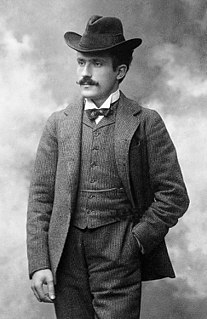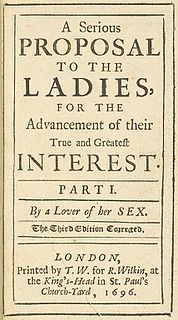A Quote by Horace
There is a mean in all things; even virtue itself has stated limits; which not being strictly observed, it ceases to be virtue.
Related Quotes
If then, as we say, good craftsmen look to the mean as they work, and if virtue, like nature, is more accurate and better than any form of art, it will follow that virtue has the quality of hitting the mean. I refer to moral virtue [not intellectual], for this is concerned with emotions and actions, in which one can have excess or deficiency or a due mean.
If what was said in the Ethics is true, that the happy life is the life according to virtue lived without impediment, and that virtue is a mean, then the life which is in a mean, and in a mean attainable by every one, must be the best. And the same principles of virtue and vice are characteristic of cities and of constitutions; for the constitution is in a figure the life of the city.
Souls that have lived in virtue are in general happy, and when separated from the irrational part of their nature, and made clean from all matter, have communion with the gods and join them in the governing of the whole world. Yet even if none of this happiness fell to their lot, virtue itself, and the joy and glory of virtue, and the life that is subject to no grief and no master are enough to make happy those who have set themselves to live according to virtue and have achieved it.
Faith just doesn't have anything to do with what I'm doing as a scientist. It's nice if you can believe in God, because then you see more of a purpose in things. Even if you don't, though, it doesn't mean that there's no purpose. It doesn't mean that there's no goodness. I think that there's a virtue in being good in and of itself. I think that one can work with the world we have.
lf the attribute of popular government in peace is virtue, the attribute of popular government in revolution is at one and the same time virtue and terror, virtue without which terror is fatal, terror without which virtue is impotent. The terror is nothing but justice, prompt, severe, inflexible; it is thus an emanation of virtue.
Spirituality is not a question of morality, it is a question of vision. Spirituality is not the practising of virtues - because if you practise a virtue it is no longer a virtue. A practised virtue is a dead thing, a dead weight. Virtue is virtue only when it is spontaneous; virtue is virtue only when it is natural, unpractised - when it comes out of your vision, out of your awareness, out of your understanding.
The mechanism that directs government cannot be virtuous, because it is impossible to thwart every crime, to protect oneself from every criminal without being criminal too; that which directs corrupt mankind must be corrupt itself; and it will never be by means of virtue, virtue being inert and passive, that you will maintain control over vice, which is ever active: the governor must be more energetic than the governed.






































